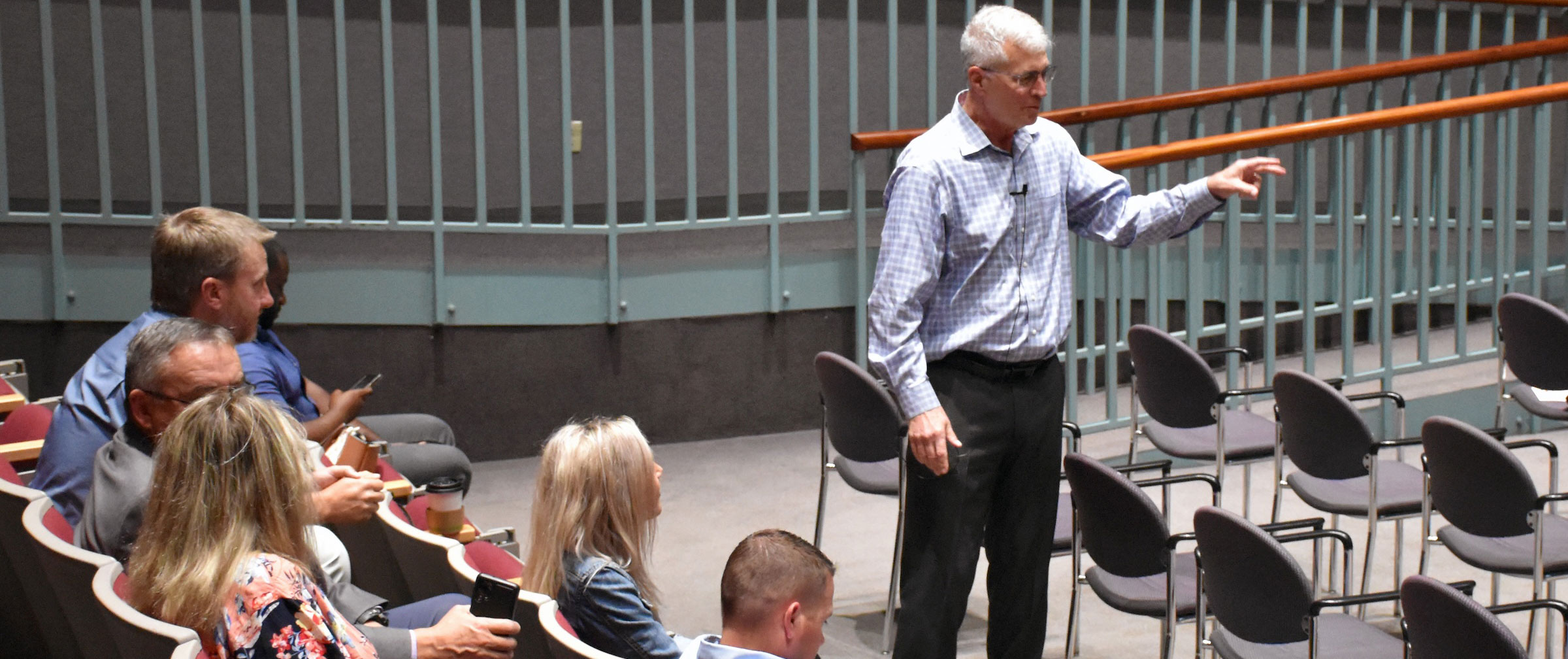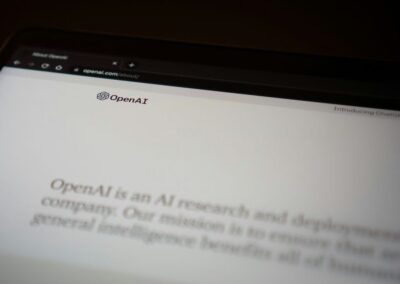I wrote a blog last January talking about the Consensus Trap and how a seemingly sound and preferred interactional process could yield unexpected and detrimental results. As I stated, consensus is a political agreement. It is not necessarily based upon the evidentiary process or scientific facts. It is simply the result of a group of parties getting together and developing a conjoined opinion. Theoretically, if all parties agree that the sky is green, the sky is green…. Whammo, consensus! This leads to the key point: Even though the process of obtaining consensus can lead to a uniform direction and perhaps even to an agreed upon policy, it does not guarantee that the RIGHT thing will be done. Although it feels appropriate and good at the time, consensus can be deceptive. Consensus can be wrong.
Facts are absolute. Truth is absolute. Politics is politics. Social consensus is a political expediency; it has nothing necessarily to do with right or wrong. It is a remedy.
History is ripe with examples of how consensus was attained, but later, that consensus turned out to be WRONG. It was the general consensus of Queen Isabella’s court back in 1492 that the world was flat. Only Christopher Columbus disagreed. I am sure that every intellectual and pundit in the presence of the Queen was quick to profess that they were following the advice of the experts. Who could possibly believe that the world was NOT flat? It was an overwhelmingly convincing argument at the time.
Certainly, it was the consensus of the people in the village of Troy that the wonderful gift of a Greek wooden horse should be brought into the confines of the walled city and be admired by the populace. Wrong again.
Health care is not immune. For many years, malaria was felt to be caused by bad air—hence the name derived from the Latin, “mal” and “aria” for “bad air”. Scientific evidence ultimately proved that consensus wrong. Many other examples abound.
How to accomplish appropriate health care reform legislation is one of the most divisive issue facing Americans today. It is highly emotional. It is highly personal. Every one of us have individual stories. Every American will be a patient at some point in life.
And it is also big business. Health care is approaching 20% of our GNP. The wrong decisions could have consequences not only on our health, but also be disastrous to the economy.
Fortunately, the knee jerk “immediately repeal and replace” mindset is being rethought. Certain aspects of the Affordable Care Act (ACA) are great—no pre-existing conditions exclusions, etc.—let’s keep them. Certain aspects of the ACA are economic deal-breakers—the benefit design and mandate construct—let’s replace them with more realistic and cost-effective options.
So, I am pleased that we are seeing an appropriate pausing with health care legislation, and I very much hope that we will ultimately end up with health care reform that genuinely has the input of both parties. There is increasing momentum from all sides to finally develop a consensus. This is a good step forward. But consensus is insufficient.
We need to objectively examine the health care options, from accessibility to reimbursement. We need to examine the scientific evidence. What in health care is working and what in health care is NOT working. We have the resources in this country to take our existing infrastructure and truly make our health care the best in the world—and prove it to the consumer with transparency of our outcomes. We need to have our lawmakers from both sides of the aisle sit down and determine the RIGHT structuring of our health care policies.
But beware. Although we should be encouraged about the possibility of health care legislation being based more upon obtaining consensus, and maybe even some bipartisan consensus, let’s not be fooled or beguiled into thinking that we are necessarily going in the proper direction. Let’s be sure that we focus the RIGHT things—and then agree upon them.
Stay tuned.




